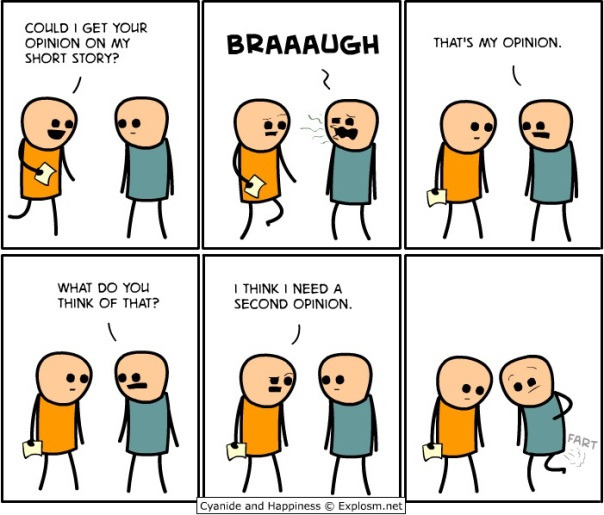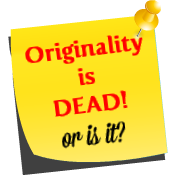Panellists: Foz Meadows (Shattersnipe), Thea James (The Book Smugglers), Aidan Moher (A Dribble of Ink), Adam Whitehead, Justin Landon (Staffer’s Book Review)

There are many different approaches to book blogging: some focus on news and announcements, running author interviews and ARC giveaways supported by publishers; others concentrate on reviewing and opinion pieces; still others are devoted to raising awareness of certain types of writing, like SF Mistressworks or the World SF Blog. Our panel discusses how they chose their blogs’ format and focus, how the blogs evolved over time, and how they found their ‘voice’ and their audience.
Panellists: Alvaro Zinos-Amaro, Paul Kincaid, Elizabeth Hand, Matt Hilliard
John Clute is one of the people who lifted reviewing in the field to an art form. What makes the difference between a workmanlike review that tells us what we need to know, and a review which becomes a text worth studying in its own right? Under what circumstances does a review transcend its immediate subject, and become part of the wider conversation about genre? Who are reviews for: readers, authors, industry, other reviewers?
Continue reading LonCon3 #26: My Opinions Let Me Show You Them + The Art of Reviewing →





 When aliens invade, why do they almost always hit New York? With a few partially-honourable exceptions, such as Pacific Rim and District 9, the American-led alliances of Independence Day and its ilk are still the norm for SF cinema’s supposedly global catastrophes. What is it like to watch these films outside the Anglophone world? Do attempts to move away from American exceptionalism feel real, or are they just window-dressing? And how do different countries deal with apocalypse in their own cinematic traditions?
When aliens invade, why do they almost always hit New York? With a few partially-honourable exceptions, such as Pacific Rim and District 9, the American-led alliances of Independence Day and its ilk are still the norm for SF cinema’s supposedly global catastrophes. What is it like to watch these films outside the Anglophone world? Do attempts to move away from American exceptionalism feel real, or are they just window-dressing? And how do different countries deal with apocalypse in their own cinematic traditions?



 At the end of last year, to mark ten years since the broadcast of the final season of Buffy the Vampire Slayer on the BBC, Naomi Alderman made a special edition of the Radio 4 programme Front Row, featuring interviews with cast, creator, and critics. Among other things, she asked what the show’s legacy had been, and whether the right lessons — female characters written as well as men, given as much narrative importance as men, and surrounded by other women — had been learned. Following on from her discussion, our panel will ask: who are Buffy’s heirs? (And you can listen to the original programme here:
At the end of last year, to mark ten years since the broadcast of the final season of Buffy the Vampire Slayer on the BBC, Naomi Alderman made a special edition of the Radio 4 programme Front Row, featuring interviews with cast, creator, and critics. Among other things, she asked what the show’s legacy had been, and whether the right lessons — female characters written as well as men, given as much narrative importance as men, and surrounded by other women — had been learned. Following on from her discussion, our panel will ask: who are Buffy’s heirs? (And you can listen to the original programme here: